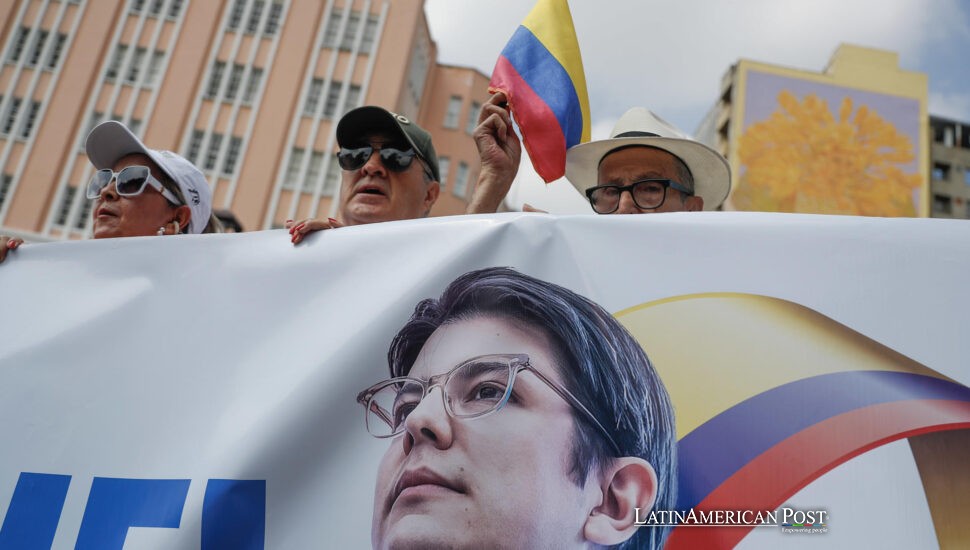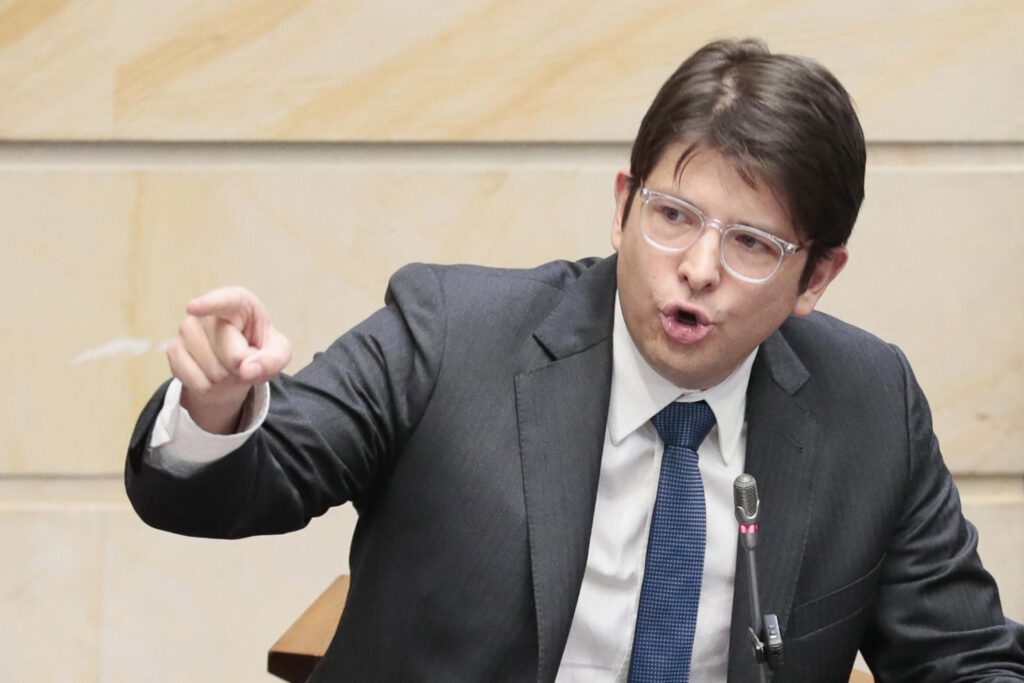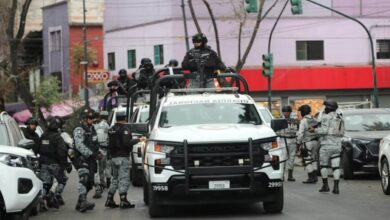Colombian Tragedy: Uribe Turbary’s Life, Legacy and Violent End

Miguel Uribe Turbay—Colombia’s 39-year-old conservative reformer—has died from the gunshot wounds he suffered during a June 7 rally. His death closes a dynasty’s circle of promise and tragedy and forces the nation to confront the violence it never quite buries.
An Heir Forged in Loss
Miguel Uribe Turbay entered the world on January 28, 1986, heir to one of Colombia’s most storied political lineages. His grandfather, Julio César Turbay Ayala, once governed the country; his mother, investigative journalist Diana Turbay, exposed cartel secrets until Pablo Escobar’s gunmen kidnapped and fatally wounded her when Miguel was five. Those five-year-old eyes watched the hearse door close and made a vow he would repeat in every campaign stump speech: nunca más—never again.
Raised by his father, Conservative senator Miguel Uribe Londoño, the boy hid grief inside textbooks. Teachers at Bogotá’s Gimnasio Moderno recall a quiet prodigy who blitzed through debate club and devoured law treatises “with the appetite other kids reserved for soccer.” A double degree in law and public policy at the University of the Andes followed, then a Harvard Kennedy School master’s, financed partly by tutoring classmates in constitutional theory. Friends say Boston winters only sharpened his obsession: modern courts, transparent budgets, a state strong enough to out-muscle cartels yet lean enough to let markets breathe.
A Meteor over Bogotá
At 25, Uribe became the youngest councilor in Bogotá’s history. Rather than collect ceremonial photos, he uploaded every municipal contract to a searchable website, angering fixers who thrived on envelopes slid across bar tables. In 2016, Mayor Enrique Peñalosa handed him the city’s most explosive brief—Secretary of Government. Garbage mafias threatened strikes; Uribe shut illegal dumps and invited watchdog NGOs to livestream contract bids.
Yet the achievement he treasured stood 20 meters underground: driving steel piles for a long-promised Bogotá Metro, a project older than he was. “If the tunnel opens on time,” he joked to engineers, “put my name on a bolt, not a plaque.”
His 2019 run for mayor fell short—he finished fourth—but the campaign branded him a “reformist conservative.” He argued that fiscal prudence and bike lanes could coexist and that small business and climate defense were natural allies. Those ideas landed him a Senate seat in 2022 under former president Álvaro Uribe’s Democratic Centre banner, yet he never adopted the party’s hard-line growl. On the floor, he hammered President Gustavo Petro for “borrowing today to mortgage our grandchildren,” then co-sponsored a bill protecting Amazonian rivers. Conservatives called him too green; progressives called him too right; voters, especially those under 40, just called him different.
A Candidate Who Carried His Mother’s Shadow
In February this year, Uribe boarded a blue intermunicipal bus painted with the slogan “Mercados, Familias, Amazonas.” The presidential exploratory tour snaked through coffee slopes and Caribbean ports. At each plaza, he told the same story: a five-year-old boy touching his mother’s casket and deciding the pistol would not have the last word.
Polls showed him second among young voters, a rarity for any conservative. He pledged to slash extortion taxes the guerrillas charge truckers, triple tech apprenticeships, and plant 200 million trees before 2030. Crowds came for his stump speech’s final lines—”We will not relive the night violence decides elections”—and flashed phone lights in homage to Diana’s legacy of truth in darkness.
On June 7, Bogotá’s working-class Modelia district felt festive: drums, arepa smoke, children on shoulders. Then, six pops shredded the rhythm. Video from an officer’s body camera shows police wrestling down a tall, wiry boy—15 years old. “Lo hice por la plata, por mi familia,” he sobbed. I did it for the money, for my family. Investigators say traffickers linked to Ecuadorian gangs offered him 20 million pesos—about US $5,000—and a stolen pistol. Two bullets pierced Uribe’s skull. Surgeons at Fundación Santa Fe removed fragments and fought to swell, but dawn on June 20 arrived with monitors flat-lining. He was 39.

Scars That Refuse to Heal
Uribe’s murder revives a gallery of Colombian martyrs—Rodrigo Lara, Luis Carlos Galán, Carlos Pizarro—all felled by bullets meant to edit democracy. Yet the killer’s age adds a modern footnote. The Ombudsman’s Office logged 409 child recruitment cases last year, the worst since the 2016 peace accord. Minors are cheap, courts are lenient, and cartels know a generation raised on TikTok prizes quick cash over slogans.
Uribe had lobbied for harsher sentences on adults who hire juvenile hitmen and for witness-protection programs to coax teenagers back from the brink. His bill sat in committee when he fell. Now, senators rush to rename the Miguel Uribe Law, but skeptics fear that anger will cool before votes are counted.
Crowds draped white roses outside Bogotá’s city hall, echoing the vigil of 1991 when Diana Turbay’s body returned from Escobar’s jungle hideout. President Petro ordered three days of mourning and a security audit for 2026 candidates, admitting, “The death of an adversary diminishes the Republic.” Tributes arrived from Washington, where Uribe once interned, and from Baskinta, Lebanon, the ancestral village of the Turbay clan.
Also Read: Mexican Paquita la del Barrio’s Loss Reverberates Through Cultural Tributes And Goodbyes
Among the condolences, one sentence from Uribe’s last Senate speech now circulates like scripture:
“We inherit a country wounded yet alive; the scars may guide us, but they must never govern us.”
Whether those words become epitaphs or roadmaps lies with a nation again forced to decide whose voice will echo louder—the reformers or the gunmen. For now, Colombia lays to rest another dreamer and marks one more scar on a body politic still fighting to feel whole.




